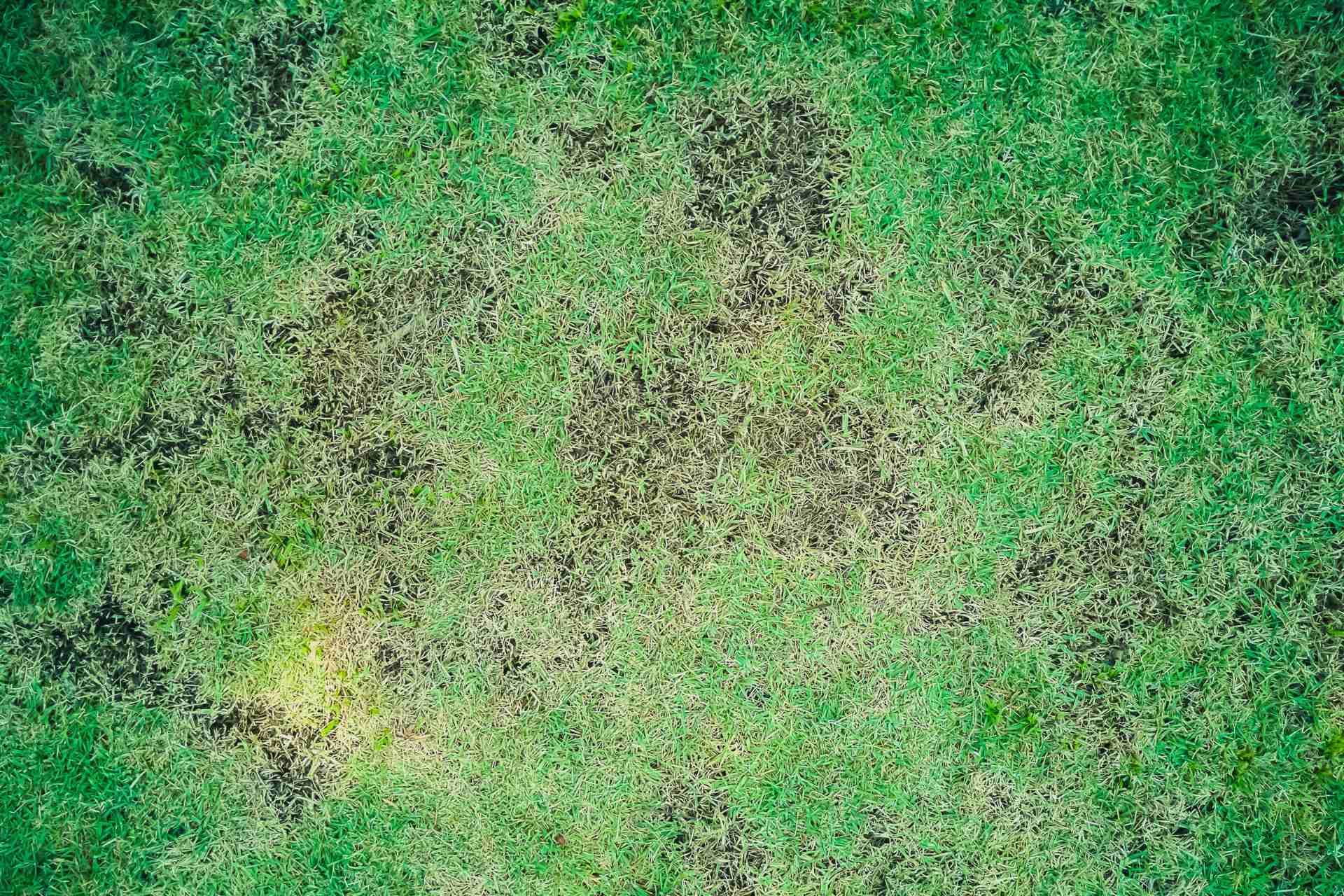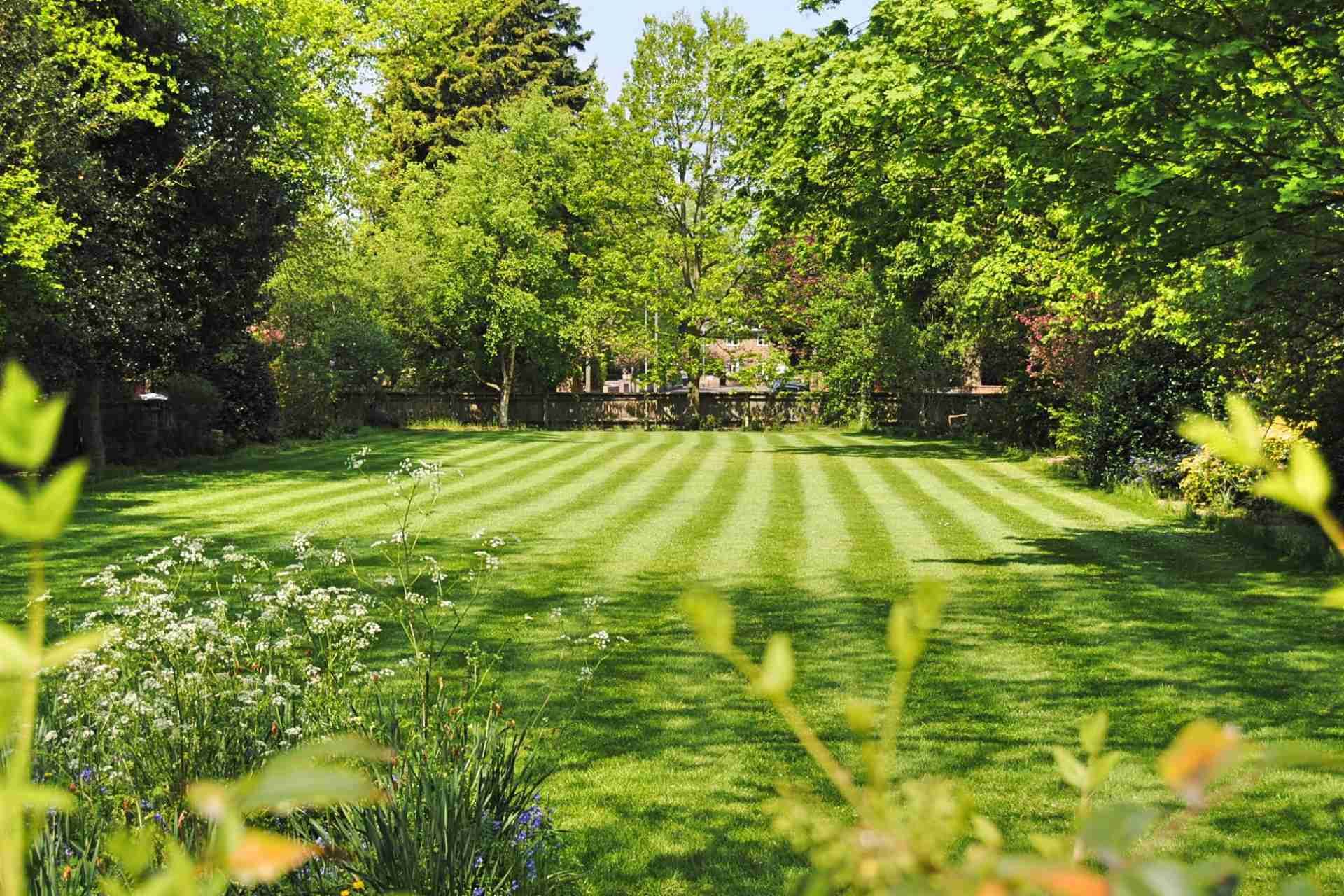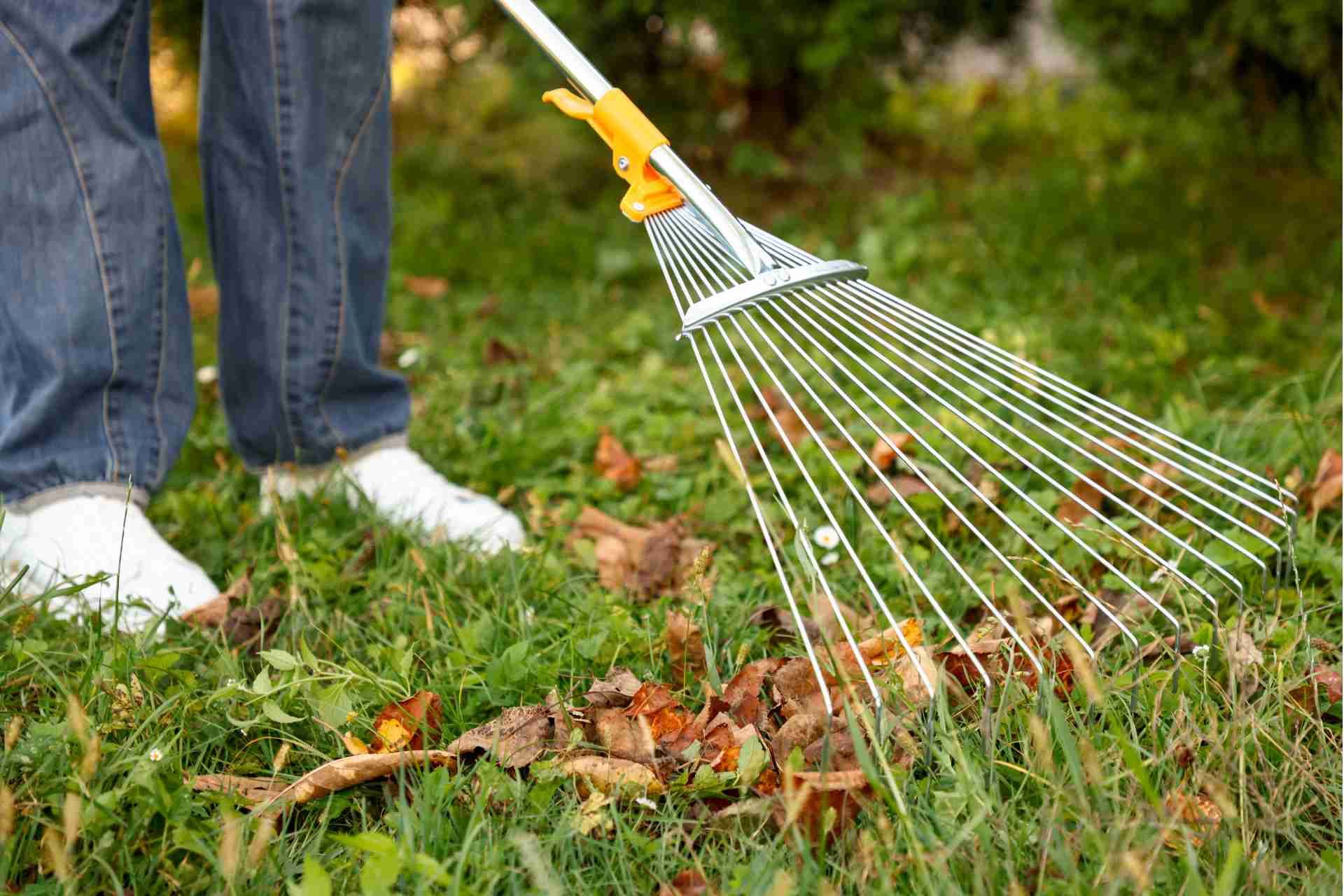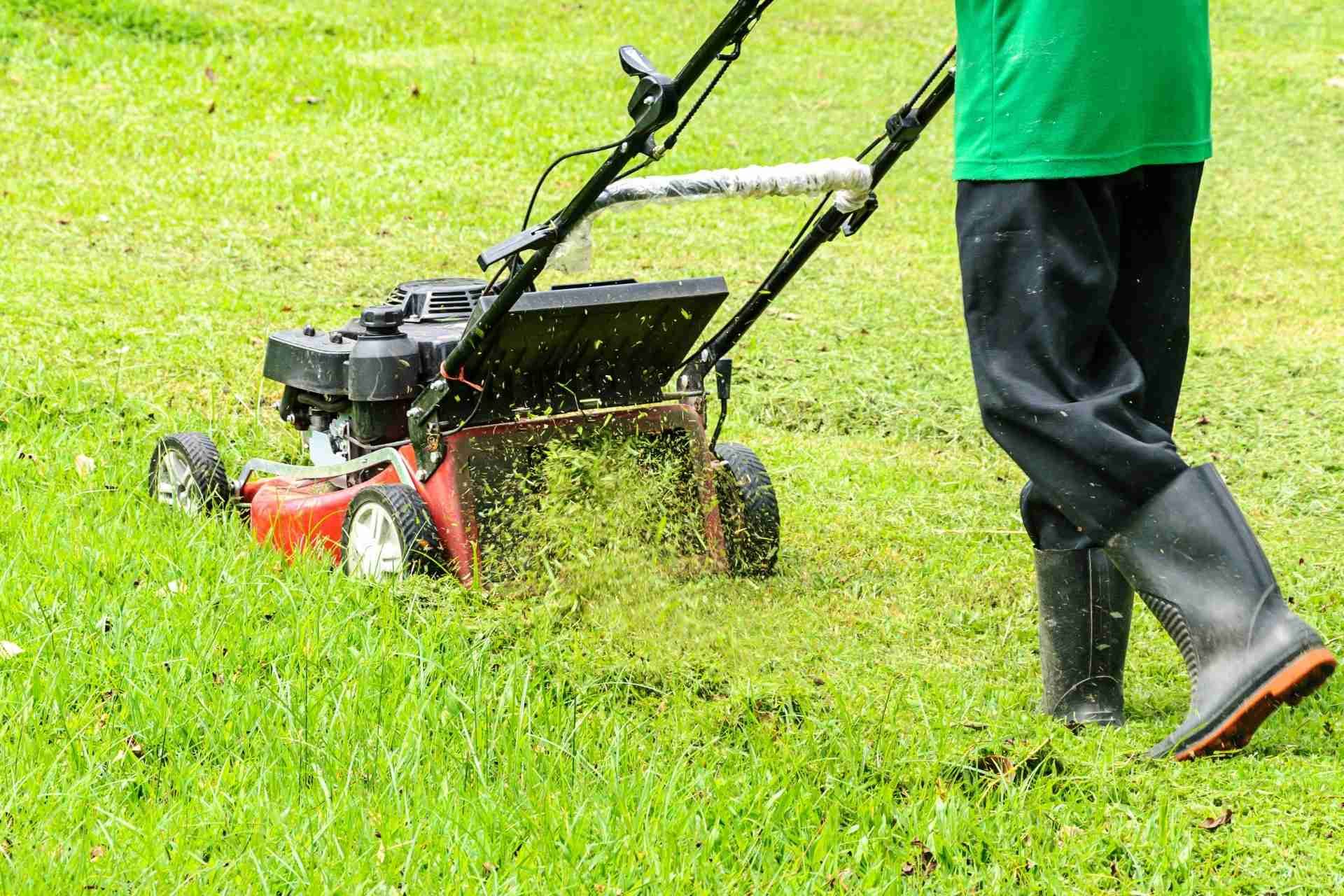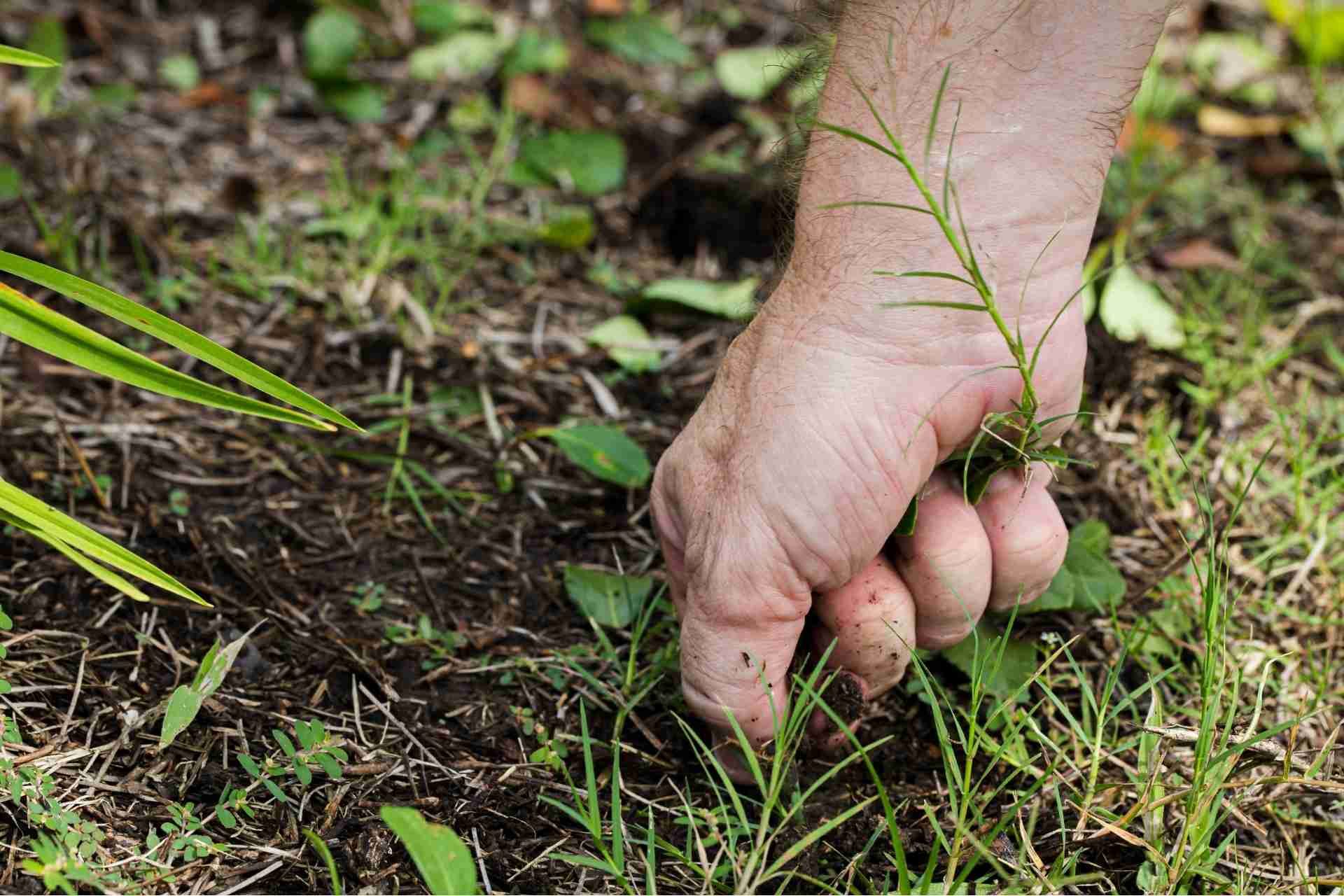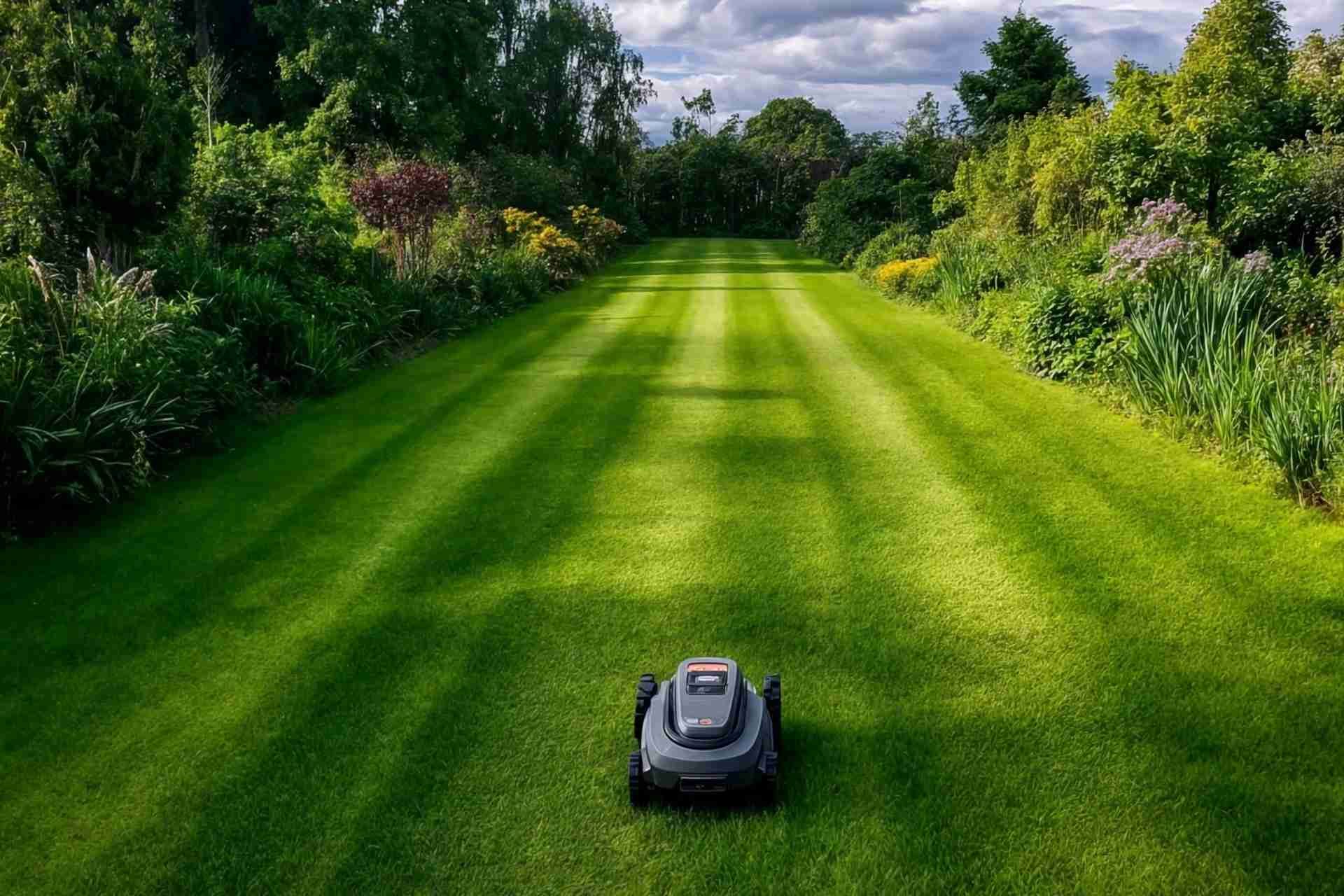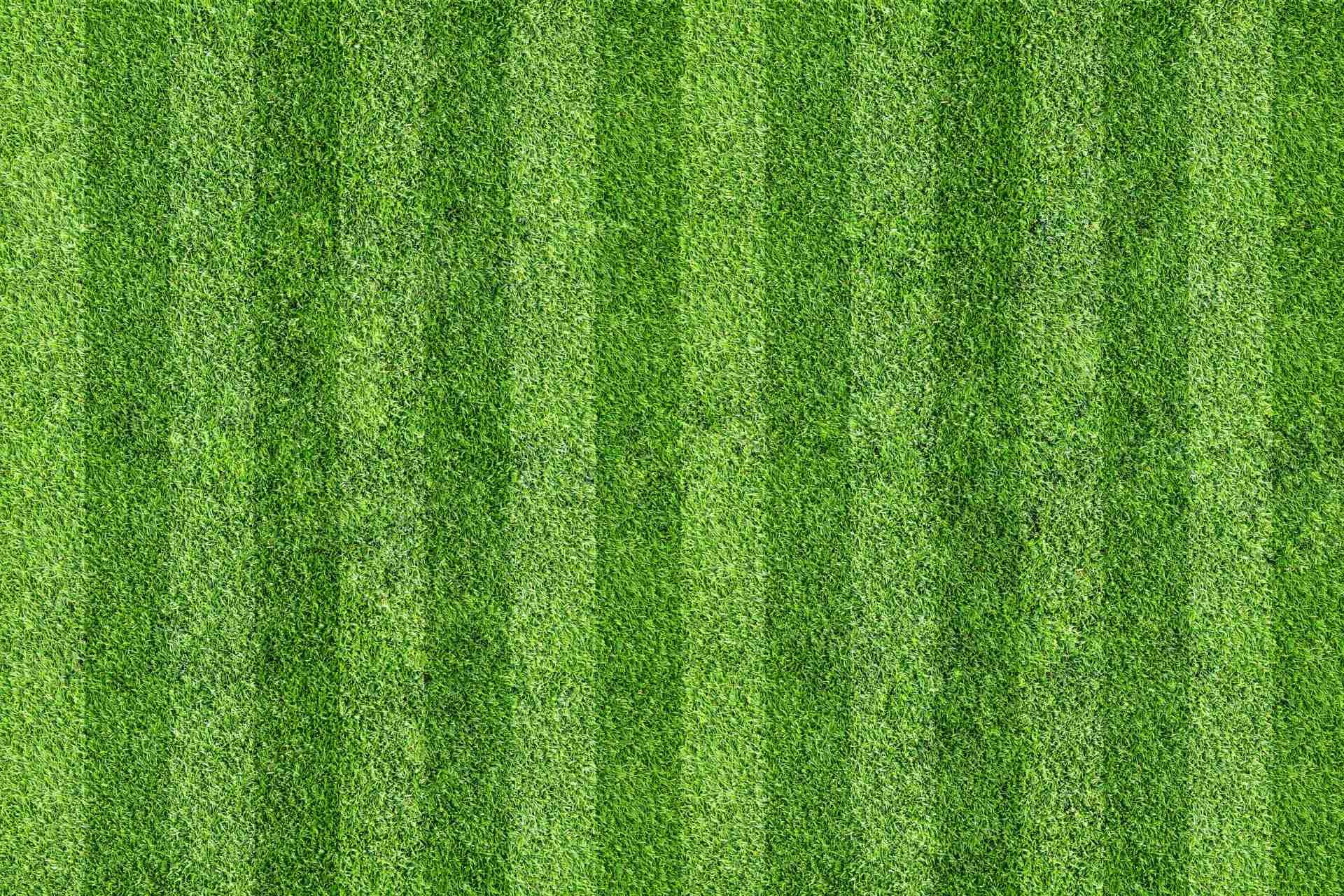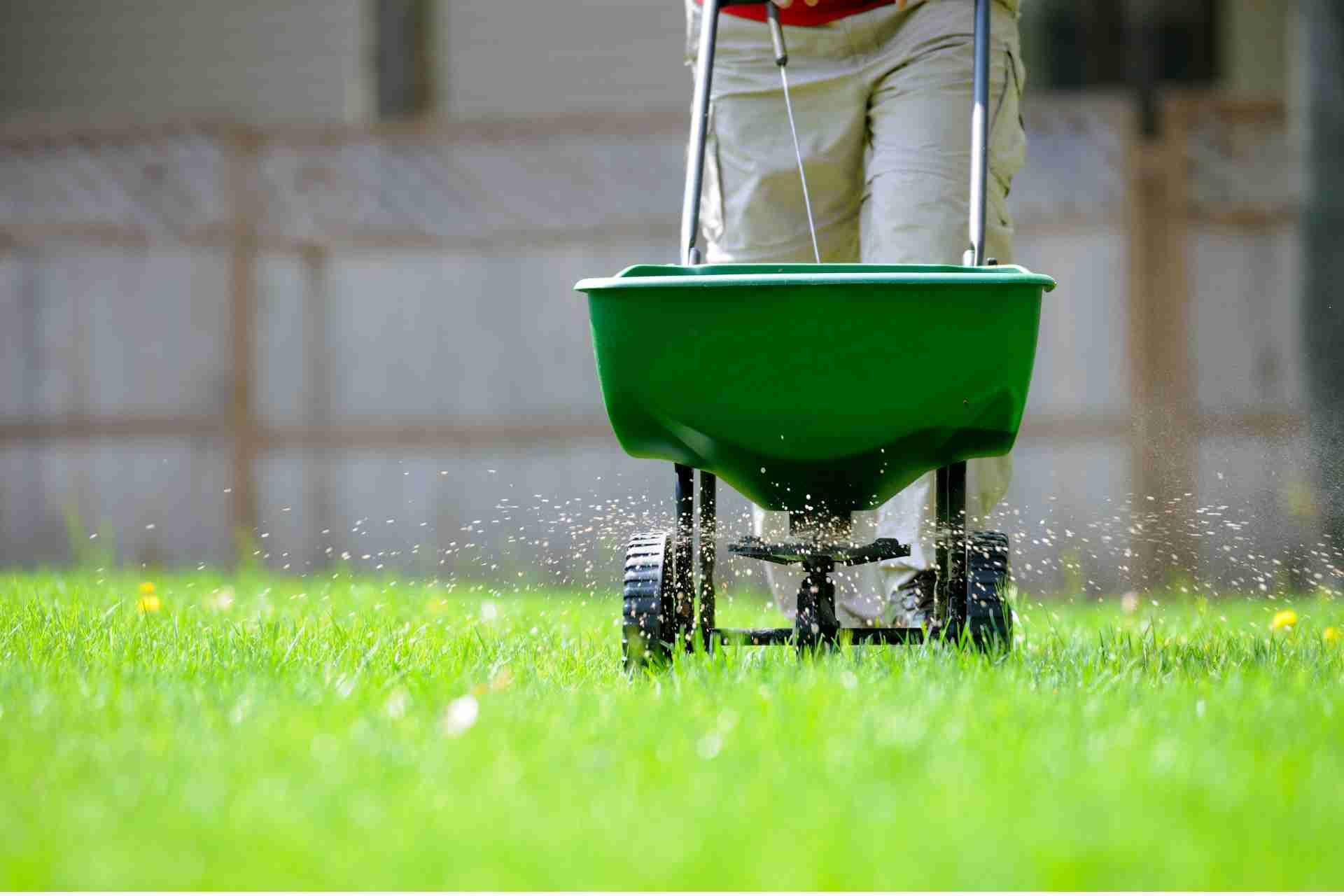Go Green: Your Comprehensive Guide to Organic Lawn Care
Organic Lawn Care Guide
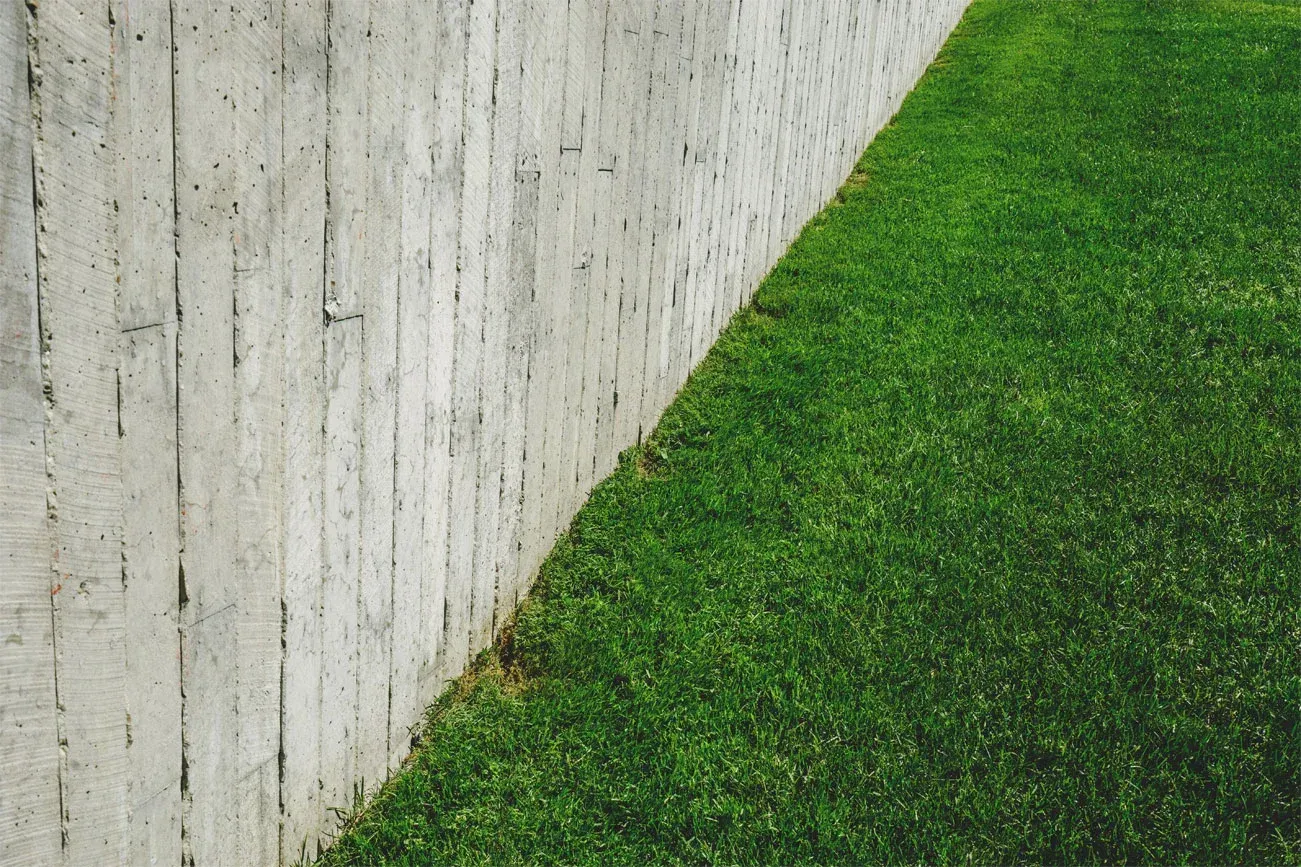
When your lawn is struggling with weeds and pests, it might be tempting to reach for harsh chemicals, but have you considered a more natural approach?
Organic lawn care guide offers a sustainable and environmentally friendly way to maintain a lush and healthy lawn. By making a few simple changes to your lawn care routine, you can promote soil health, reduce water usage, and support biodiversity in your yard.
Interested in learning how to transform your lawn into a thriving ecosystem?
Benefits of Organic Lawn Care
Choosing organic lawn care methods over traditional chemical-based ones offers numerous benefits for both your lawn and the environment. By opting for organic practices, you significantly reduce the amount of harmful chemicals being introduced to your lawn, thus promoting a healthier ecosystem. These reduced chemicals not only benefit the soil and water quality but also minimize the risk of exposure to toxins for your family and pets.
Furthermore, the environmental impact of organic lawn care is substantial. Chemical fertilizers and pesticides often leach into groundwater, contaminating water sources and disrupting aquatic life. By embracing organic alternatives, you play a vital role in preserving biodiversity and protecting fragile ecosystems. Additionally, organic methods encourage natural pest control, such as using beneficial insects or companion planting, which helps maintain a balanced and sustainable environment without relying on synthetic substances.
Essential Tools and Equipment
To properly maintain your organic lawn, having the right tools and equipment is essential for ensuring successful care practices and achieving optimal results. When it comes to equipment maintenance, it's crucial to clean your tools after each use to prevent the spread of diseases and pests. Proper storage in a dry place will help extend the lifespan of your tools.
Opt for sustainable brands and eco-friendly options when choosing tools and equipment for your organic lawn care. Look for tools made from recycled materials or those that are energy-efficient to reduce your environmental impact. Investing in high-quality, durable tools may cost more initially but will save you money in the long run as they'll last longer and perform better.
Step-by-Step Organic Lawn Care Plan
What're the key steps you need to follow to implement an effective organic lawn care plan? To start, focus on soil health, as healthy soil is the foundation for a vibrant lawn. Begin by conducting a soil test to determine its pH levels and nutrient content. Based on the results, amend the soil with organic matter such as compost or aged manure to improve its structure and fertility.
Next, choose natural fertilizers that are rich in essential nutrients like nitrogen, phosphorus, and potassium. Organic options such as compost tea, seaweed extract, or fish emulsion can provide the necessary nutrients without harmful chemicals. Apply these fertilizers according to package instructions or based on your soil test recommendations.
In addition to fertilizing, remember to water your lawn deeply but infrequently to encourage deep root growth. Consider investing in a rain barrel to collect water for irrigation, reducing your environmental impact.
Conclusion
In conclusion, organic lawn care offers numerous benefits for both your lawn and the environment. By using the right tools and equipment, following a step-by-step plan, and committing to natural practices, you can have a lush, healthy lawn without the use of harmful chemicals.
Remember to regularly aerate, mow high, water deeply, and feed your lawn with organic fertilizers to promote strong root growth and overall vitality. Your efforts won't only result in a beautiful lawn, but also contribute to a more sustainable landscape.

